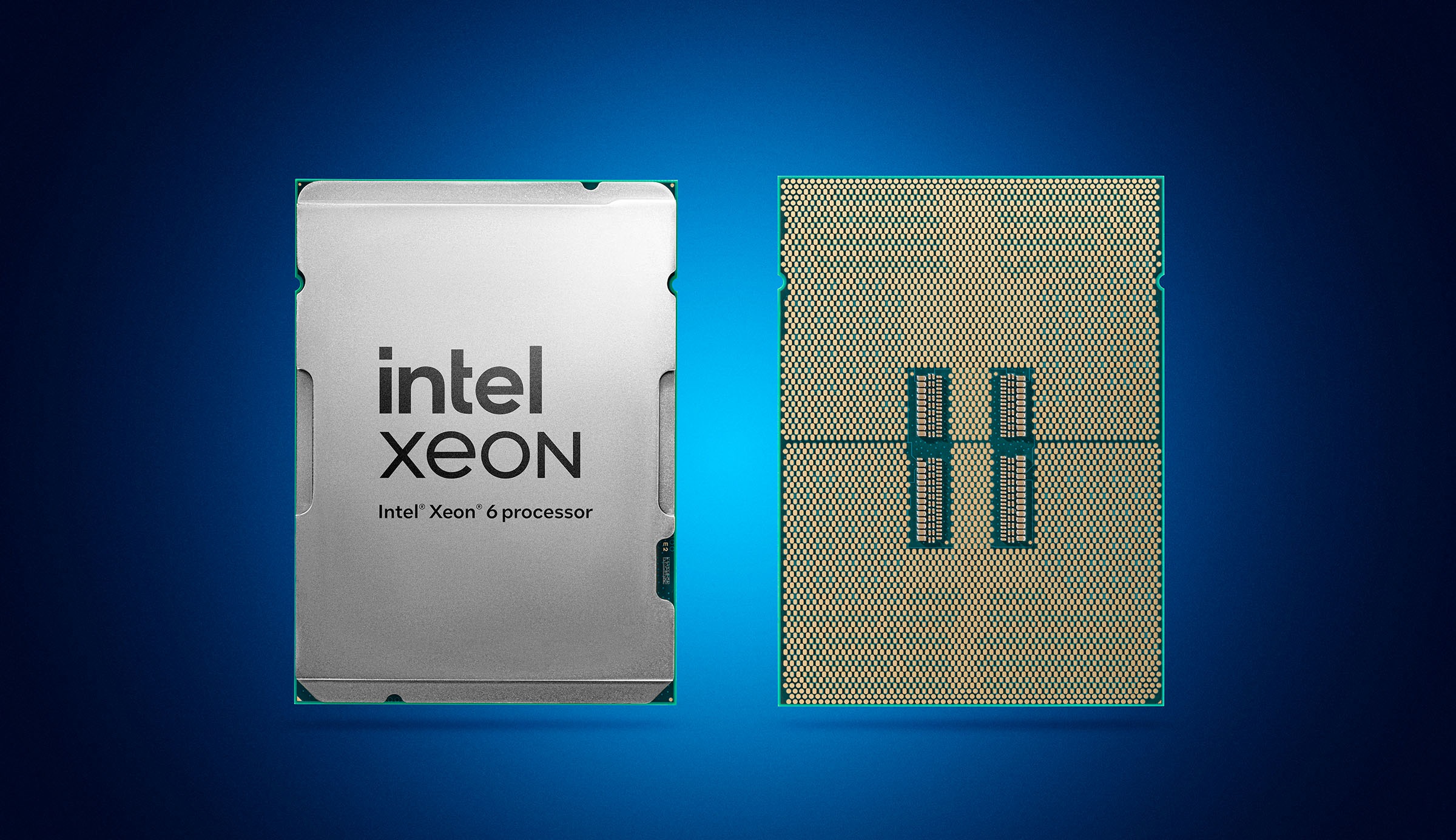It's not all bad news for Intel - AWS just snapped up a load of custom Xeon chips for extra cloud power
AWS orders unique Xeon hardware to power databases

Sign up for breaking news, reviews, opinion, top tech deals, and more.
You are now subscribed
Your newsletter sign-up was successful
- AWS introduces R8i servers tuned for memory-heavy enterprise cloud workloads
- Intel’s custom Xeon chips target databases and massive cloud data tasks
- Memory bandwidth defines AWS’s new Intel-powered servers for demanding applications
Intel has received some positive news after Amazon Web Services (AWS) confirmed it is rolling out new virtual server options built on custom versions of Intel’s Xeon 6 processors.
These new options, known as R8i and R8i-flex, will give AWS customers additional choices when renting computing power through the cloud.
For Intel, this marks a rare win at a time when rivals such as AMD and ARM-based processors have been capturing more of the market.
What R8i and R8i-flex actually bring
AWS said both R8i and R8i-flex support “DDR5 7200MT/s memory” and can run “up to 3.9 GHz all-core turbo frequency.”
The R8i family spans a wide range, scaling from just two to 384 vCPUs, matching the capability of dual-socket servers powered by Intel’s 96-core Xeon 6 chips, since AWS defines a vCPU as one thread of a core.
While AWS has not disclosed further details of what makes these custom Xeons distinct, the focus on memory bandwidth appears to be the defining factor for these deployments.
AWS is marketing the new instances for memory-heavy use cases, including SQL and NoSQL databases, in-memory caches such as Memcached and Redis, SAP HANA deployments, and data frameworks like Apache Hadoop and Apache Spark.
Sign up to the TechRadar Pro newsletter to get all the top news, opinion, features and guidance your business needs to succeed!
Customers are also given the option to adjust how bandwidth is distributed between network functions and Amazon’s elastic block store connections, which AWS suggests may provide measurable database performance improvements.
This positioning reflects how cloud hosting and cloud storage increasingly depend on optimized hardware to handle large-scale workloads, particularly those tied to analytics and enterprise resource planning.
Hyperscale providers such as Oracle have previously promoted unique Xeon configurations with extra cores or slightly faster clock speeds, while AWS itself has highlighted earlier rounds of tailored Intel processors.
The arrival of these new Xeons, therefore, fits into an established pattern, yet still shows that Intel remains relevant to large-scale providers.
The memory bandwidth improvements, while not a complete architectural overhaul, are enough for AWS to publicly promote the chips as competitive within its portfolio.
For Intel, this order signals continued reliance from a crucial customer at a time when alternative architectures such as AMD’s Epyc and ARM-based designs are gaining ground.
For AWS, it broadens the range of performance options available to clients whose workloads demand high memory throughput and stable performance across large clusters.
In an era where AI tools and data processing shape demand, Intel is not losing out completely; it still holds a place in the core of cloud infrastructure.
You might also like
- Here are the best mobile workstations around today
- Take a look at some of the best external hard drives you can buy now
- Organizational resilience: We need to think beyond cyber attacks

Efosa has been writing about technology for over 7 years, initially driven by curiosity but now fueled by a strong passion for the field. He holds both a Master's and a PhD in sciences, which provided him with a solid foundation in analytical thinking.
You must confirm your public display name before commenting
Please logout and then login again, you will then be prompted to enter your display name.